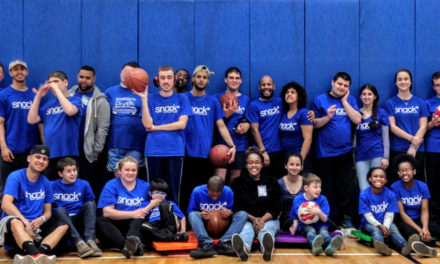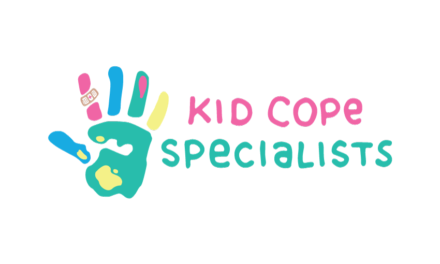In a way, this is the most important team. They are not the ones who say, “I am so sorry;” rather, they are the ones who say, “I am here for you.” Our family is our #1 support. From Dubbers’ grandparents, to his aunts and uncles who are both near and far. They provide physical support with visits, emotional support with a listening ear, and mental support with sound advice. I do not know where we would be without the love and guidance from our family.
The next support group comes from friends. There are your old friends who are like family, have been with you through thick and thin, and remain loyal. Then there are new friends. These friends are who you meet in the waiting rooms of therapeutic centers, sensory gyms or in Facebook groups. They could even be some of your child’s old therapists with whom you keep in touch. Your friends can also provide physical support, offering non-judgmental play-dates with their children, emotional and mental support.
The third form of support comes from another caretaker, whether it be a nanny or regular babysitter. This person is crucial in providing an extra set of hands and to give you personal time. We have been so fortunate that Dubbers’ nanny has remained with us since he was three months old and I worked full-time. She has been on this journey with us and developed a truly special connection with Dubbers. He trusts her completely and we trust her. Over the years, her work hours have decreased based on my professional changes and the fact that Dubbers is in therapy so much, and now pre-school; however, we make sure she remains a part of his life. I am currently on the search for a consistent evening babysitter, as I do think it is important to have more than one person. It is good for Dubbers to trust and build connections with as many people as possible; however, consistency is important, so I would like to have a few options. I will keep you posted on that!
The final form of support, which is rather personal and extremely important, is a mental health professional (Psychotherapist or psychologist). It is a known statistic that families with one or more disabled children have higher than average divorce rates. My husband and I have a dedicated time each week to speak freely about whatever is happening, good or bad, in our lives. We are uninterrupted and in a neutral place, with a neutral person, who helps guide our thoughts and actions. This is still a fairly new “player” on our team; but we have already recognized how valuable she is going to be.





